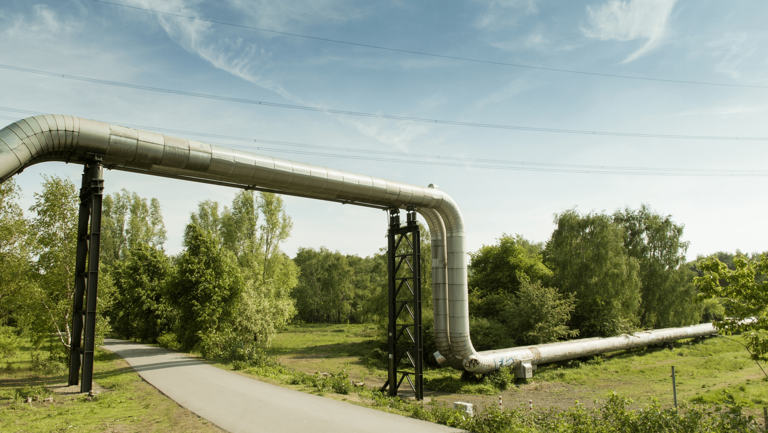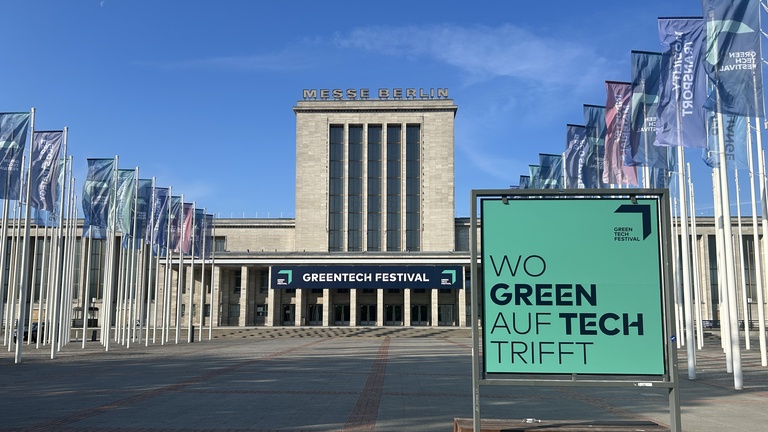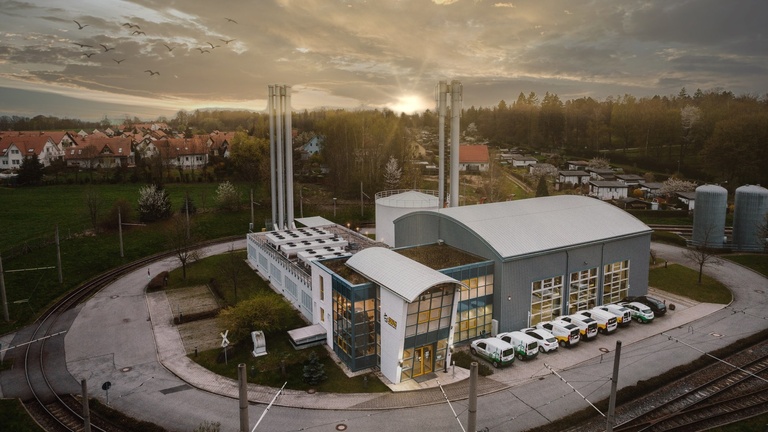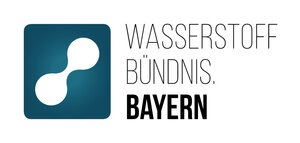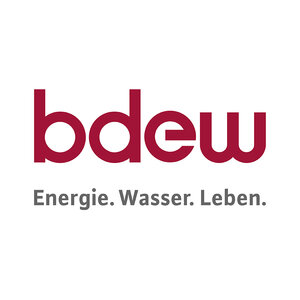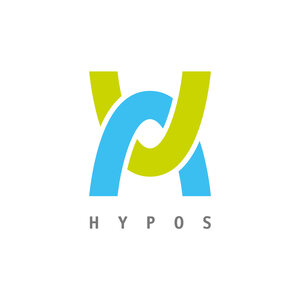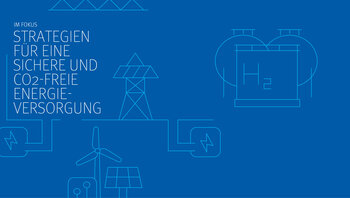
ZERO CARBON – A CHALLENGE AND AN OPPORTUNITY FOR THE ECONOMY AND SOCIETY
Reducing emissions while staying competitive: Both society and the economy face the task of reducing carbon emissions in all areas, ideally to zero. Drees & Sommer supports organizations, companies, and local and city authorities with their transformation to zero carbon. The challenge here is to design the transformation in a way that ensures intergenerational equity – while at the same time focusing on Germany as an industrial location and securing our technological competitive advantage.
WHAT DOES ZERO CARBON MEAN?
Zero carbon means the necessary and comprehensive decarbonization of all sectors. Fossil fuels such as coal, oil and natural gas will have to be completely replaced by renewable energies (such as solar, wind power and geothermal) – and raw materials in industry, replaced, for example, by ‘green’ hydrogen. The use of waste heat as green process heat is also of central importance as an element of the green heating transition. In a broader context, carbon cycles must be established – for example, CO2 from (industrial) processes and in the atmosphere can be turned into usable resources through the use of technologies such as Carbon Capture and Utilization (CCU), Carbon Dioxide Removal (CDR) and Direct Air Capture (DAC).
WHY AND TO WHAT EXTENT IS ZERO CARBON RELEVANT FOR YOU?
Humanity cannot afford to allow climate change to continue unchecked if we want to preserve the fundamental basis of life. Societies and economic players must take responsibility.
- Future viability and corporate sustainability are at stake for all of us.
- The EU Green Deal – with the associated Environmental, Social, Governance (ESG) and regulatory framework (taxonomy) – mean that companies must start laying the groundwork for a sustainable future today if they want to remain competitive.
- This process starts with transparent sustainability analysis and the progressive reduction and replacement of fossil fuels and energy production systems with renewable technologies.
- It also requires the tracking and further development of solutions – leading to entire business processes becoming climate neutral.
THE FIRST STEP TOWARDS ZERO CARBON: OUR APPROACH: A HOLISTIC CARBON STRATEGY
We help you develop a holistic strategy for carbon neutrality. We work according to the ‘measure, reduce, offset’ principle:
- First, we carry out an analysis of the current situation and audit your carbon emissions. Based on the Greenhouse Gas Protocol, the focus is on direct emissions from combustion processes, indirect emissions from energy generation, and on all other indirect emissions from business activities.
- We then examine and define your carbon savings potential and show you economically feasible measures to reduce carbon.
- If required, we can support you with the implementation, monitoring and reporting of these measures.
ELEMENTARY: SECTOR COUPLING TO CREATE AN INTEGRATED OVERALL SYSTEM
The effective key to successful implementation of zero carbon is sector coupling: Industry, mobility, heat and electricity are then no longer considered in isolation, but interact with each other. Existing infrastructure is indispensable and must be integrated economically and intelligently.
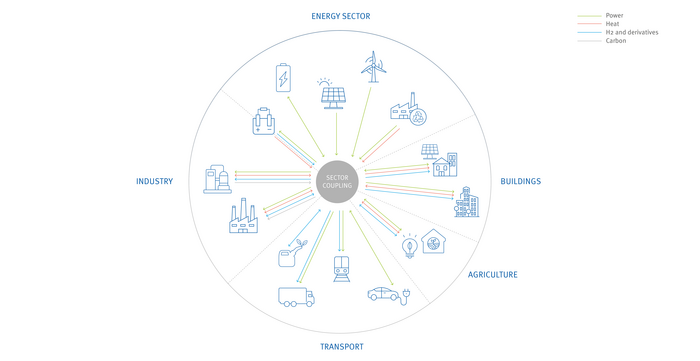
Alongside the expansion of renewable energies and power grids, the green heating transition is of increasing importance. High-temperature industrial processes, hot water – and, above all, indoor heating – account for about half of the energy consumed in Germany. In order for the energy transition – and thus zero carbon – to succeed, it is essential to transition heat generation to renewable energies and to expand and convert existing district and local heating networks and establish new ones. In addition to large-scale heat pumps or deep geothermal energy, waste heat must exploited by means of heating networks.
Drees & Sommer experts support you with the strategic development of complex energy projects and programs. We accompany you from the first potential analysis and concept development right through to operational realization and commissioning of plants and systems.
In addition to the further expansion of renewable energies and the accelerated expansion of the grid, there is an increasing focus on the hydrogen economy. Germany, too, has recognized its potential. Drees & Sommer provides support throughout the entire green hydrogen value chain – from production, transport, stockpiling and storage to its use. Our expertise includes structural, engineering and infrastructure consulting for plant and equipment, as well as concepts, planning and efficient realization.
Learn moreIn the course of the energy transition, existing nuclear and coal-fired power plants are gradually being shut down and dismantled. In addition to the challenges that this complex and often lengthy work entails, the question arises as to the future use of the buildings and areas. One possibility could be to switch to a sustainable, green fuel. Teams of experts from Drees & Sommer support operators in making this transition.
Massive expansion of renewable energy production will be necessary to compensate for the loss of conventional generation capacity. The energy transition requires a holistic approach and visionary solutions, such as sector coupling and innovative storage technologies.
Drees & Sommer experts support you with the strategic development of complex energy projects and programs. We accompany you from the first potential analysis to realization and commissioning of plants and systems.
The industrial sector faces major challenges if environmental and climate protection goals are to be achieved. Industrial processes must be adapted to meet legal requirements. Production of iron and steel is energy intensive, as are the chemical sector and the cement industry. But they have access to an ever-increasing range of options, including, for example, the production of green steel – which uses direct reduction with hydrogento avoid carbon emissions. Our technical know-how and project experience make Drees & Sommer the perfect partner for your future industrial site: From site analysis and assessment, conceptual and economic consulting, planning, tendering and contract award to implementation support.
New construction projects in the energy sector place great demands on all parties involved. The expansion of the electricity grid, in particular, involves complex long-term projects requiring resources that are in scarce supply. Such projects also place considerable strain on the principal’s organization. Drees & Sommer supports clients at critical points with its experience, methodological expertise, and digital tools.
The mobility sector has set strict targets for environmental and climate protection. Operators must adapt their systems to meet legal requirements. But they have access to an ever-greater range of options: Improved technologies for alternative drives are now on the market. This applies to both road and rail, but also to aviation. We offer tailor-made solutions and develop cross-location concepts. Our technical know-how and project experience make Drees & Sommer the perfect partner for your future mobility: From site analysis and assessment, conceptual and economic consulting, planning, tendering and contract award to implementation support.
HOW ARE WE IMPLEMENTING ZERO CARBON AT DREES & SOMMER?
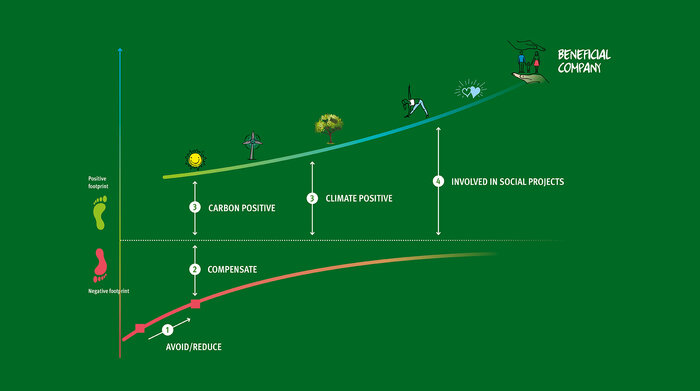
On the way to becoming a Beneficial Company
As a Beneficial Company, we give back more to the environment than we consume through our business activities. In this way, we make lasting positive contributions to the environment and society, and provide the greatest possible benefit in these areas.
News
Let's talk.
We look forward to hearing from you!
